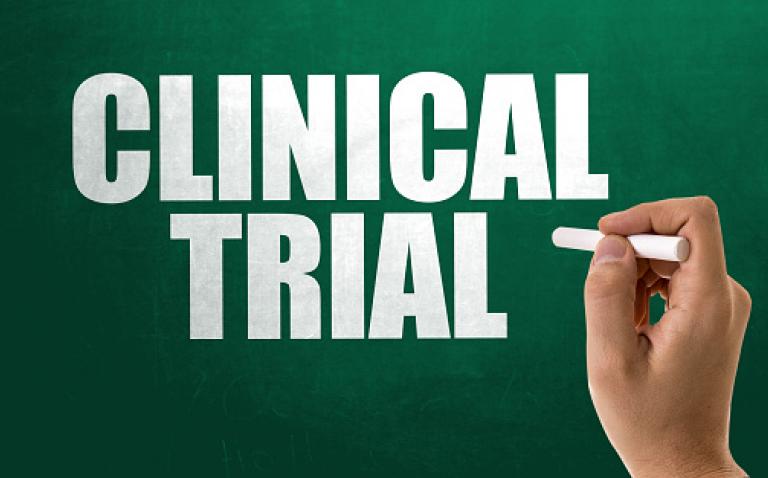Amgen has announced that results from an overall survival (OS) analysis of the Phase III head-to-head ENDEAVOR trial were published online first in The Lancet Oncology.
Data showed that Kyprolis® (carfilzomib) administered at 56 mg/m2 twice weekly and dexamethasone (Kd56) reduced the risk of death by 21 percent over Velcade® (bortezomib) and dexamethasone (Vd), resulting in a 7.6 month OS benefit (median OS 47.6 months for Kd56 versus 40.0 for Vd, HR=0.79; p=0.01). The OS benefit was consistent regardless of prior Velcade therapy (HR=0.75 for no prior Velcade; HR=0.84 for prior Velcade). This Kd56 regimen is already approved in the US, European Union and other countries based on the primary analysis of progression-free survival (PFS) in the ENDEAVOR study.
To view the multimedia assets associated with this release, please click: https://www.multivu.com/players/English/8004554-amgen-kyprolis-phase-3-e…
“These results showed Kyprolis and dexamethasone significantly reduced the risk of death compared to Velcade and dexamethasone in patients with relapsed or refractory multiple myeloma,” said study co-author and investigator Meletios Dimopoulos, MD, professor of Clinical Therapeutics at the National and Kapodistrian University of Athens, School of Medicine. “These results support the use of Kyprolis and dexamethasone as a standard of care for multiple myeloma patients at first relapse.”
“In recent years, few clinical trials have demonstrated overall survival benefits in patients with relapsed or refractory multiple myeloma,” said Sean E Harper, MD, executive vice president of Research and Development at Amgen. “In ENDEAVOR, the only head-to-head trial comparing proteasome inhibitors, Kyprolis showed a statistically significant overall survival benefit of 7.6 months over Velcade. These results published today in The Lancet Oncology support Kyprolis as a superior proteasome inhibitor in relapsed multiple myeloma patients. We’ve shared these data with regulatory agencies in the US and Europe to support a potential label update.”
Adverse events observed in this updated analysis were consistent with those previously reported for ENDEAVOR. Notably, rates of grade 2 or higher peripheral neuropathy, a frequent dose-limiting toxicity of Velcade, were five-times lower in patients receiving Kd56 versus patients receiving Vd (7% versus 35%, respectively). The most common adverse events (greater than or equal to 20%) in the Kyprolis arm were anaemia, diarrhea, pyrexia, dyspnoea, fatigue, hypertension, cough, insomnia, upper respiratory tract infection, peripheral oedema, nausea, bronchitis, asthenia, back pain, thrombocytopenia and headache.
As previously published in The Lancet Oncology, patients treated with Kd56 also achieved PFS of 18.7 months compared to 9.4 months in those receiving Vd, meeting the primary endpoint of the study (HR=0.53; 95% CI: 0.44 – 0.65; p<0.0001).
Since its approval in 2012, Kyprolis has been prescribed to over 50,000 patients worldwide. The Kyprolis clinical program continues to focus on providing solutions for physicians and patients in treating this frequently relapsing and difficult-to-treat cancer. Kyprolis is available for patients whose myeloma has relapsed or become resistant to another treatment and continues to be studied in a range of combinations and patient populations.










